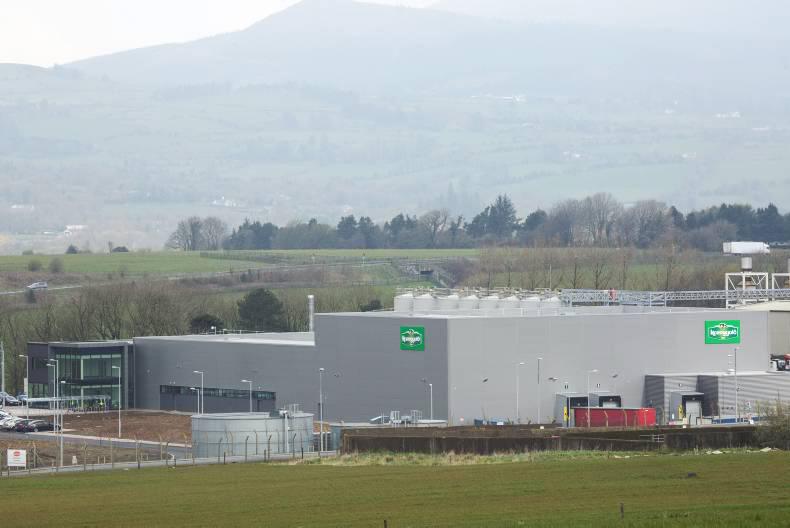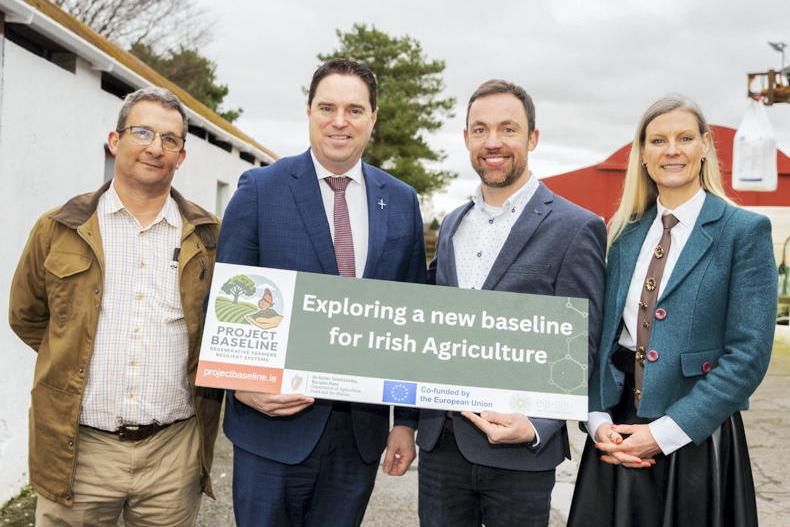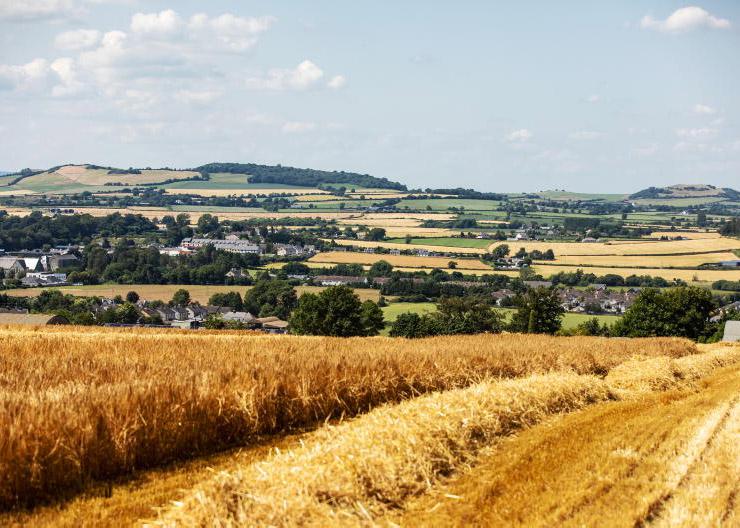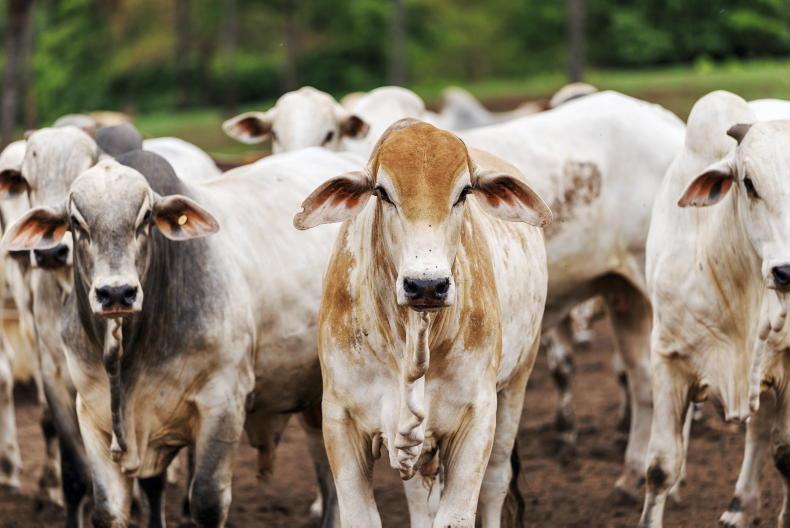European Commissioner for Agriculture Phil Hogan said this week that the intervention ceiling for skimmed milk powder (SMP) was raised for the second time this year, to 350,000t. But how does this and private storage aid, the other key EU market support measure, work?
What is public intervention?
One of the traditional safety net measures of the Common Agricultural Policy (CAP) is public intervention, whereby if market prices drop to a particular reference threshold, operators can then sell it to the Commission at this level. For dairy, the reference price is equivalent to 21.7c/l and covers the basic products of butter and SMP.
In Ireland, when a dairy processor decides to put products into intervention, it fills in an application form on the Department of Agriculture's website and states where in Ireland it would like the product to be stored (ideally the storage area would be close to the co-op's manufacturing plant).
There are currently 19 storage facilities for public intervention purposes in Ireland.
The Department of Agriculture, representing the European Commission, pays the processor for the product and owns it until such time as it is resold onto the market.
In March this year, the European Commission had already increased the volumes of dairy products allowed into intervention across the EU. The ceilings for SMP and butter were increased from 109,000t and 60,000t to 218,000t and 100,000t respectively.
The current intervention campaign is due to remain open until 30 September 2016. After the new 350,000t ceiling is reached, product can then only be offered into intervention through a tendering process rather than at the set prices.
Private storage aid
Like public intervention, private storage aid (PSA) is a traditional market management measure to reduce oversupply on the EU market and thereby help prices to recover. The key difference is that with PSA the Commission only helps cover the costs of storage and only for a limited period (normally 3-6 months). It does not own the product. The operator still owns the product and sells it back onto the market when the storage period is up.
In the dairy sector, PSA is available for butter and SMP. In the meat sector it is available for pigmeat.
In March, European Commissioner for Agriculture Phil Hogan committed to the opening of a PSA scheme for EU pigmeat producers in 2016.
The scheme was last open in January 2016 for three weeks and uptake was high. By the time the scheme closed, some 90,000t had been taken off the market at a cost of €28m.
However, this week EU Agriculture Commissioner Phil Hogan said that on the basis of a clear improvement in the pigmeat market, there is now no clear justification for a new PSA scheme for that sector.
The European Commission will continue to operate a PSA scheme for SMP and butter until at least 30 September 2016. Last year, Ireland placed 6,137t of SMP and 19,379t of butter into PSA.
New EU financial aid package for dairy farmers only
Lakeland's Hanley cites intevention among positive factors for market recovery









SHARING OPTIONS